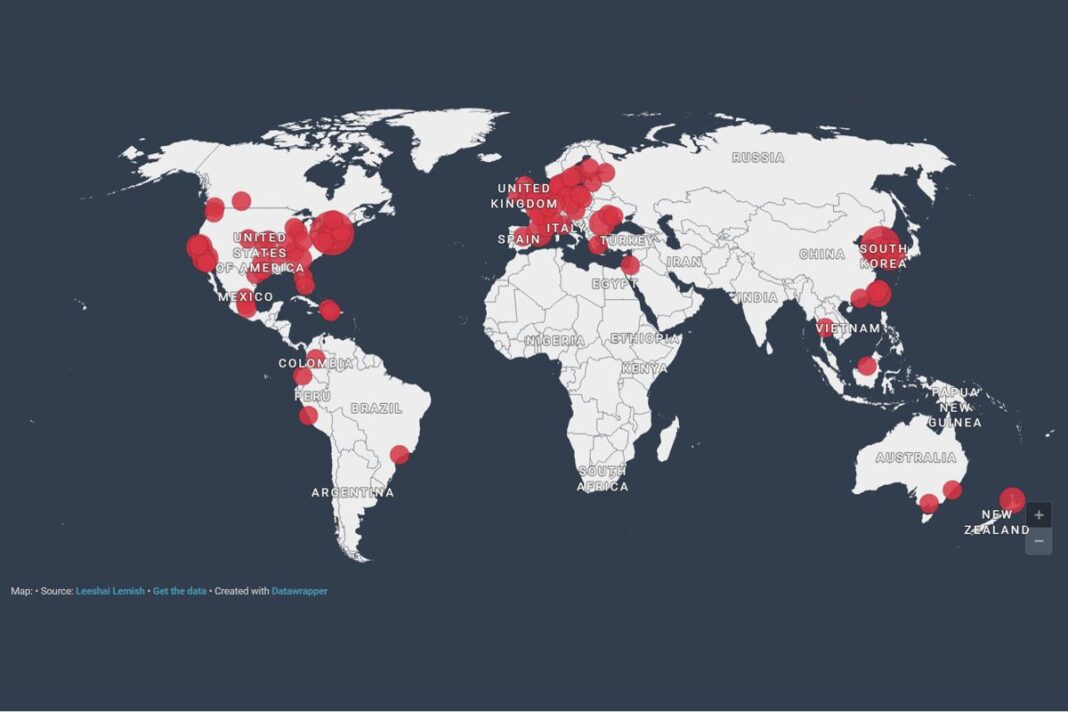The former Google employee allegedly founded his own tech company in China and applied for a talent program in Shanghai.
A former Google software engineer faces new charges for allegedly stealing artificial intelligence (AI) trade secrets while secretly working for two China-based companies, federal prosecutors announced on Feb. 4.
Linwei Ding, a 38-year-old Chinese national who was indicted in March, now faces seven counts of economic espionage and seven counts of theft of trade secrets under a superseding indictment. The defendant, who also goes by Leon Ding, is free on bond.
Ding, who joined Google in 2019, allegedly uploaded more than 1,000 confidential files from Google’s network to his personal Google Cloud account from May 2022 to May 2023.
Prosecutors said the confidential files contained trade secrets about Google’s hardware infrastructure and software platform, which allows the company’s supercomputing data centers to train and serve large AI models.
“The trade secrets contain detailed information about the architecture and functionality of TPU chips and systems and GPU systems, the software that allowed the chips to communicate and execute tasks, and the software that orchestrated thousands of chips into a supercomputer capable of training and executing cutting-edge AI workloads,” the indictment reads.
“The trade secrets also pertain to Google’s custom designed SmartNIC and related software.”
The tensor processing unit (TPU) and graphics processing unit are advanced computer chips that make up the infrastructure behind Google Cloud. TPUs are developed by Google to accelerate machine learning workloads.
In June 2022, Ding was offered the position of chief technology officer from China-based Beijing Rongshu Lianzhi Technology for a monthly salary of about $14,800, prosecutors said.
According to the indictment, Ding traveled to China in October 2022 and stayed there until March 2023. During this period, he took part in investor meetings to raise capital for Rongshu Lianzhi.
In May 2023, Ding allegedly founded Shanghai Zhisuan Technology and became the company’s CEO.
Prosecutors pointed to a PowerPoint presentation Ding circulated to investors in November 2023. The presentation included Beijing’s national policies aimed at advancing China’s domestic AI industry, which they said was evidence of his intention to leverage the alleged theft for the country’s benefit.
About a month later, Ding allegedly applied for a Chinese talent program in Shanghai.
“Ding’s application stated that his product ‘will help China to have computing power infrastructure capabilities that are on par with the international level,’” the indictment reads.
By Frank Fang








